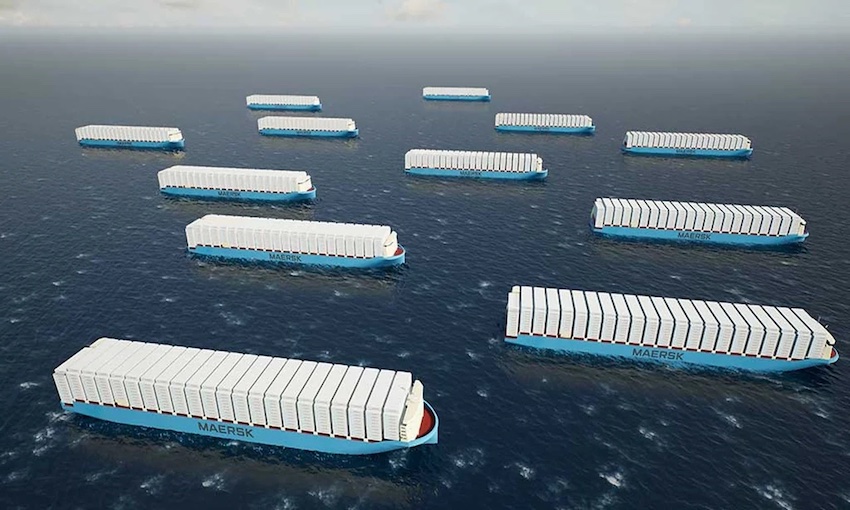MAERSK has partnered with Chinese bioenergy technology company Debo on plans to develop a bio-methanol project for Maersk in China.
A letter of intent signed by the companies covers Debo’s goal to have the project operating commercially by 2024, and with a capacity of 200,000 tonnes per year.
Maersk said the feedstock for the green bio-methanol will be agricultural residues. The company intends to offtake the full volume produced.
Berit Hinnemann, Maersk’s head of green fuels sourcing, said the availability of green methanol at scale is critical for the transition of the company’s fleet to sustainable energy.
“Partnerships across ecosystems and geographies are essential for the scale-up needed in order to make meaningful progress on this agenda already in this decade,” Ms Hinnemann said.
Debo chairman and general manager Zhang Shoujun said the company was honoured to work with Maersk to promote the commercialisation of the green methanol industrial chain.
“The use of green methanol as marine fuel to replace the existing fossil fuel is ground-breaking in the container shipping history and will strongly promote the development of green shipping,” Mr Shoujun said.
“I firmly believe that through the co-operation, we are able to realize the commercial production and industrial conversion of green methanol and contribute to reduce greenhouse gas emissions.”
The partnership is the seventh announced by Maersk this year, adding to the company’s methanol partnerships with CIMC ENRIC, European Energy, Green Technology Bank, Orsted, Proman and WasteFuel.
Maersk’s stated intent is to source at least 730,000 tonnes each year by end of 2025, “well beyond the green methanol needed for the first 12 green container vessels currently on order”.

